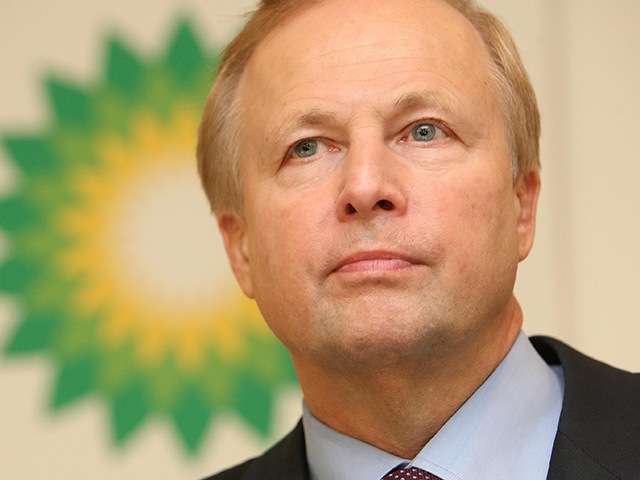
BP chief executive Bob Dudley will face shareholders on Thursday amid investor anger over his 19.6 million dollar (£13.8 million) pay package when they gather for the oil giant’s annual general meeting.
Mr Dudley’s remuneration has risen by a fifth on the previous year, despite the group posting its largest annual loss for 20 years and axing thousands of jobs worldwide.
Aberdeen Asset Management is expected to be among a pack of major investors voting against Mr Dudley’s pay after it stated that BP’s remuneration awards were “overly complex”.
But it said it was “supportive of management’s strategy” and was “sure the company will take note of shareholders feedback”.
Its comments come amid a chorus of criticism over Mr Dudley’s pay hike in a year when BP slumped into the red by 5.2 billion US dollars (£3.6 billion) following a collapse in oil prices.
Shareholder group Sharesoc has branded the pay deal “simply too high”, while Royal London Asset Management, Glass Lewis and Institutional Shareholder Services have also expressed their opposition.
But any vote against his pay deal is only advisory and will not lead to the package being blocked.
The pay deal will see Mr Dudley’s salary rise from 1.82 million US dollars (£1.27 million) in 2014 to 1.85 million US dollars (£1.3 million) for 2015, while his annual cash bonus will also rise from 1 million US dollars (£702,733) in 2014 to 1.39 million US dollars (£976,799) for last year.
Pressure to reject the pay deal comes after some shareholders also expressed their anger over his pay ahead of BP’s AGM in 2015, when his remuneration received a 5% hike.
BP said in January that it would have to axe another 3,000 jobs worldwide in its downstream business – including refining, marketing and distribution – by the end of 2017, on top of the 4,000 cuts announced last year under a swingeing overhaul to slash costs.
A spokesman for BP said: “Despite the very challenging environment, BP’s safety and operating performance was excellent throughout 2015 and management also responded early and decisively to the steep fall in the oil price.
“BP’s performance surpassed the board’s expectations on almost all of the measures that determine remuneration – and the outcome therefore reflects this. And these clear measures derive
directly from BP’s remuneration policy which was approved by shareholders at the 2014 AGM with over 96% of the vote.”
The group’s remuneration policy is voted on every three years, with the next vote taking place at the AGM in 2017.
Recommended for you
